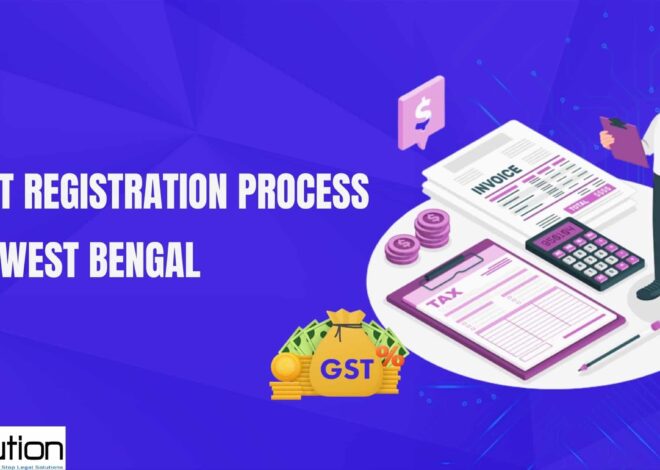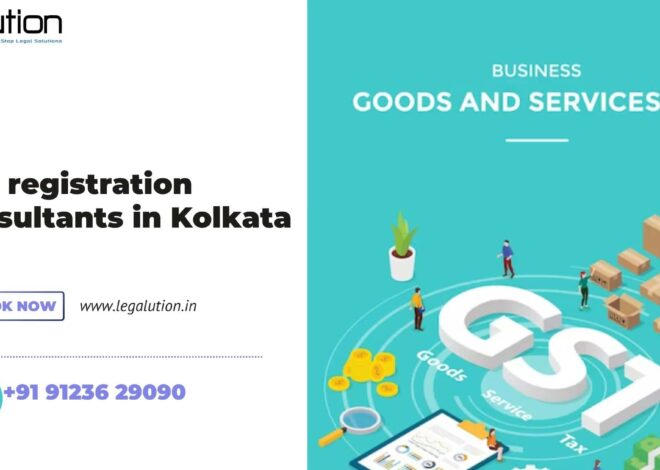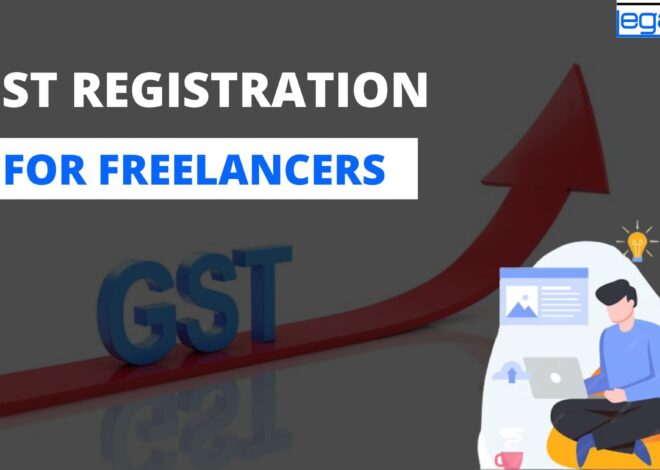
GST Registration for Service Providers
Table of Contents
ToggleGST Registration for Service Providers-Quick Guide
In the ever-evolving landscape of business regulations, Goods and Services Tax (GST) has become a cornerstone for financial compliance. For service providers, navigating the nuances of GST registration is essential to ensure a seamless and legally sound operation.
In this blog post, we’ll break down the intricacies of GST registration, providing service providers with a comprehensive guide to ease the process.
Understanding GST for Service Providers
- What is GST and Why Does it Matter?
Goods and Services Tax is an indirect tax levied on the supply of goods and services. For service providers, this tax holds significance in terms of compliance, credibility, and cost management.
- Types of Services Covered Under GST
Service providers must be aware of the different categories of services covered under GST. This understanding lays the foundation for accurate tax assessment.
- Mandatory Registration Threshold
Determine when GST registration becomes mandatory for service providers based on the threshold turnover. Knowing when to register is crucial to avoid penalties and legal complications.
Threshold for GST Registration For Service Providers
Businesses with an annual turnover exceeding the threshold limit of Rs. 20 lakhs (Rs. 10 lakhs for North Eastern and hill states) are required to register under the Goods and Services Tax (GST) system.
Benefits of GST Registration
- Access to Input Tax Credit (ITC)
GST registration allows service providers to claim Input Tax Credit, reducing the overall tax liability and positively impacting cost management.
- Enhanced Credibility
Being GST registered enhances the credibility of a service provider in the eyes of clients and partners, fostering trust and reliability.
- Facilitating Interstate Business
Registered service providers can seamlessly engage in interstate transactions, broadening their market reach and potential client base.
Step-by-Step Guide to GST Registration
- Document Preparation
Gather all necessary documents, including business PAN, proof of address, bank statements, and business registration certificates.
- Online vs. Offline Registration
Understand the pros and cons of online and offline registration methods, choosing the one that aligns with your business needs.
- Navigating the GST Portal
A step-by-step walk through of the GST portal registration process, ensuring a smooth and efficient submission.
Post-Registration Compliance
- GST Filing Requirements
Understanding the filing requirements post-registration to stay compliant with GST regulations.
- Timely Payment of GST Liabilities
Ensuring timely payment of GST liabilities to avoid penalties and legal complications.
- Handling Audits and Assessments
Best practices for navigating audits and assessments to maintain a transparent and compliant business environment.
Compulsory GST Registration For Service Providers
Under the GST regime:
1. All service providers registered under Pre-GST laws (Excise, VAT, Service Tax, etc.) are required to register under GST by default.
2. E-commerce sellers/aggregators are exempt from registration if their total sales are less than Rs. 20 lakh, as per Notification No. 65/2017 – Central Tax dated 15.11.2017.
3. Service providers offering inter-state services are not obligated to register if their annual turnover is below Rs. 20 lakhs (Rs. 10 lakhs for Special states, 20 lakhs for J&K), according to the 22nd GST Council meeting of 6th October 2017.
4. Job workers making inter-state supplies of services to a registered person are exempted from registration if their turnover is below Rs. 20 lakhs (Rs. 10 lakhs for Special states), as per Notification No. 7/2017 – Integrated Tax dated 14th September 2017.
GST Registration for Inter-State Sale Service Providers
If you are a service provider engaged in inter-state sales, you are required to register under the Goods and Services Tax (GST) system. Here is a brief overview of the GST registration process for inter-state sale service providers:
1. Eligibility:
– If your aggregate turnover exceeds the prescribed threshold limit (currently Rs. 20 lakhs, or Rs. 10 lakhs for special category states), GST registration is mandatory.
– For inter-state service providers, registration is mandatory regardless of turnover.
2. Application Submission:
– Visit the GST portal
– Click on the “Services” tab and select “Registration.”
– Fill in the required details in the GST REG-01 form.
3. Verification:
– After submitting the application, a unique Application Reference Number (ARN) is generated.
– The application is verified by the GST officer, who may request additional information or documents.
4. Approval and GSTIN Assignment:
– Upon verification, the GST officer approves the application, and the GSTIN (Goods and Services Tax Identification Number) is assigned.
5. Issuance of Certificate:
– The GST registration certificate is issued electronically, and the applicant is notified.
6. Compliance:
– After registration, comply with GST regulations, file regular returns, and maintain accurate records of inter-state services.
GST Invoice for Services
A registered service provider under GST is authorized to issue invoices, enabling the collection of GST from customers. Conversely, those not registered under GST can issue a bill of supply without mentioning any GST.
GST has significantly simplified business and trade operations, expanding the market size for every trader. The entire country now serves as their market. In the service sector, GST has brought about positive changes such as the streamlining of taxes for inter-state service providers, a clear distinction between goods and services, the availability of input credit, and the regularization of GST return filing.
Conclusion
In conclusion, GST registration for service providers is not just a legal necessity but a strategic move towards building a reputable and compliant business. By understanding the fundamentals, benefits, and potential challenges, service providers can approach GST registration with confidence, ensuring a smooth journey in the complex world of taxation. Stay informed, stay compliant, and thrive in your service-oriented business.



